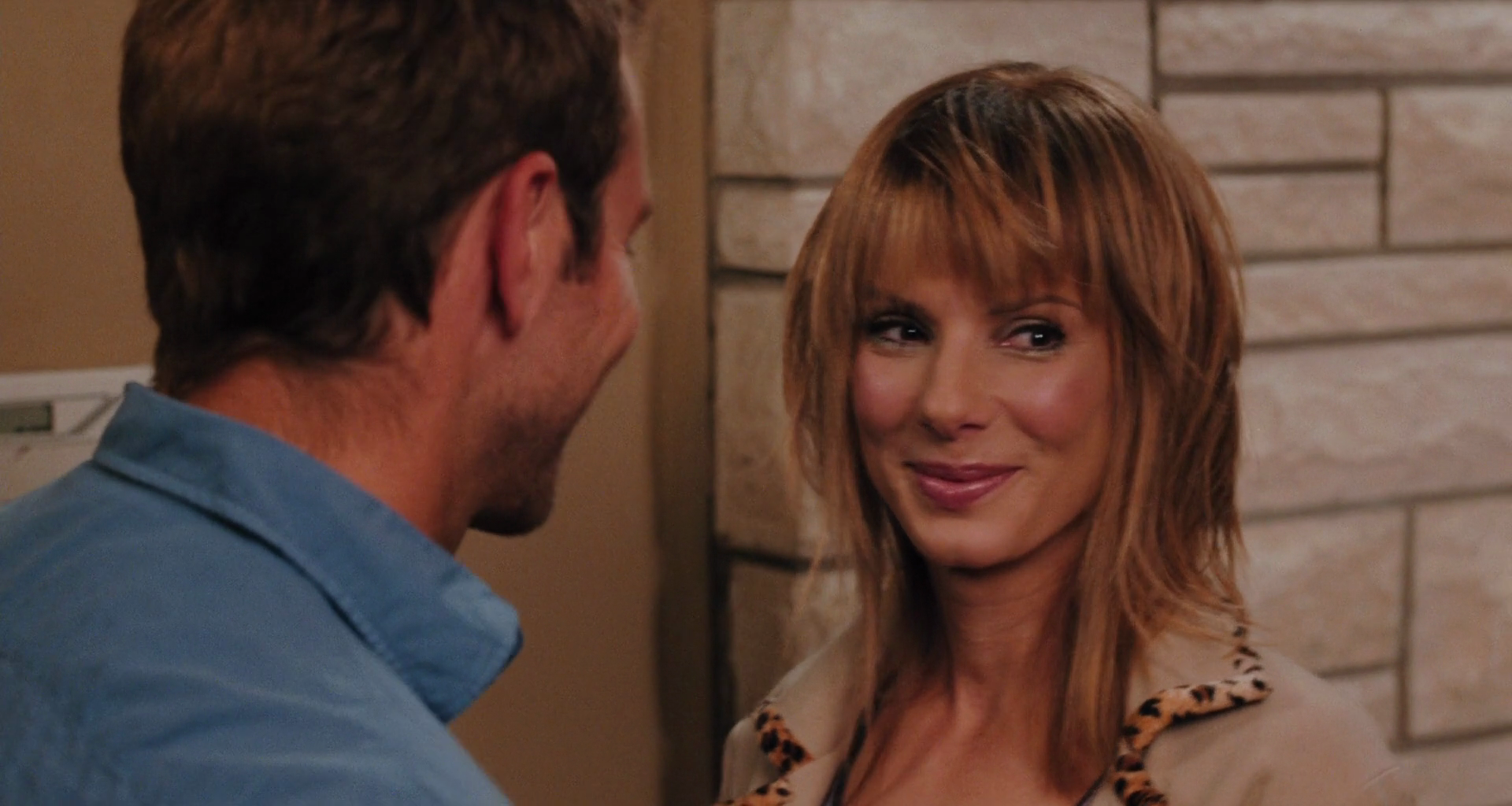Every year, without fail, we celebrate the world of film with a series of increasingly glamorous awards ceremonies. Most recently, things came to a cinematic climax, culminating in the 2015 Oscars awards. Whether you agreed with the winners or not, the ceremony aimed to heap applause and praise on the most worthy in cinema, highlighting the best in show. At the same time, however, something else was happening. Whilst the media was fussing and speculating about the upcoming awards seasons, somewhere else in Los Angeles, people were preparing to celebrate the worst in show over the course of the year.
The Razzies are as infamous as they are celebrated. Formed in 1980 by John J. B. Wilson, they are an alternative to the overwhelming awards season, focusing on the worst in film over the year. We are constantly told how great people in the film industry are; sometimes their recognition over those who do really meaningful things in the world can be a little ridiculous and in tripping up actors in what they do best, the Razzies act as a helpful reminder that we’re all fallible.
Winners in the past have varied in their acceptance of the awards and whilst the ceremony is clearly a joke, it’s not one shared by every actor. Despite very few outbursts against the ceremony, actors have either tended to ignore them completely or begrudgingly accept them with a sort of mock humour. Although the Razzies are doing a disservice to the people nominated, they are a welcome break for the rest of us, tipping the world of film of its high horse for once. For a brief moment, actors become like the rest of us.
Each ceremony takes place a day before the Academy Awards and so it has been that a number of actors have been nominated and successful in both ceremonies. The freak occurrence of this happening is enough to send any actor into a state of shock and whilst it does not happen often, when it does, we revel in it.
The Jazz Singer went down in history as it was the first ‘talkie’ film, featuring interludes of recorded singing. The original 1927 film is a cinematic classic, held up to the light as often as it is referenced in cinematic anthologies. When EMI Films decided to remake it in 1980, then, there was only one way the film could go. Down. Starring in the film was acting stalwart Sir Lawrence Olivier, an actor so accomplished that, during his lifetime, he received endless accolade and recognition. It was only right, then, that an actor so accomplished should be held accountable for his wrongdoings and, despite having received a Best Actor Oscar for his role in Hamlet, later went on to win the much lauded Worst Actor Razzie for The Jazz Singer. Proof that no-one can hide from the wrath of the Razzie.
Roberto Benigni made his fame as the somewhat incomprehensible yet entirely affable Italian man in a number of American films. Working regularly with Indie film director Jim Jarmusch, the actor is as credible as he is loveable – a mix made in actor heaven. Benigni was justly awarded Best Actor for his accomplished performance in Life is Beautiful, portraying a Jewish-Italian waiter who is sent to a concentration camp with his young son. Until this point, all looked rosy for Benigni. Then 2002 happened and it went a little wobbly. Benigni both directed and starred in a retelling of Pinocchio with – you guessed it – himself in the lead puppet role. The film was so badly received that it was infamously awarded a 0% rating on film site Rotten Tomatoes. When Pain & Gain gets 50%, you know you’re in bad shape. Benigni of course was recognised at the Razzies, not least because he followed up the highest point in his career with the most turgid. Better luck next time, eh?
When Michelle Pfieffer played Catwoman in Tim Burton’s Batman Returns, we couldn’t imagine anyone attempting to step up to fill the gap she made. Yes, the performance was overdone and somewhat camp but it worked so well and left such huge levels of expectation. When Halle Berry was cast in the same shoes (or should that be paws) as Pfeiffer in 2004’s Catwoman, things were never going to be the same. Whilst Berry was hugely appealing to a large proportion of the audience, her failure to do anything original or interesting with the role marked the character’s downfall. Surprisingly, however, Berry was utterly composed and graceful in the midst of her inevitable Razzie win. Speaking about the experience, she said how “it was just what my career needed. I was at the top and now I’m at the bottom”. Wise words from a wise woman. Sometimes, we become complacent with success. The Razzies serve a purpose in more ways than one.
Most famously in the long road of Razzies folklore, is Sandra Bullock’s nomination and acceptance. In 2010, Bullock was nominated for Worst Actress due to her questionable appearance in stalker comedy All About Steve. Bullock promised that, were she to win the award, she would attend and accept. Not only did Bullock win and make a speech but she provided every member of the audience with a copy of All About Steve. The next day, she won a Best Actress Oscar for The Blind Side. Now that’s winning. Bullock’s graceful acceptance shows that it’s ok to be a failure and mess things up from time to time; we all do it. What is most important is how we pick ourselves up in the aftermath. Perhaps more of us could do with winning a Razzie here and there. More than anything, they would let us relax, mess up a little and move on with our lives, no embarrassment needed. Thanks, Razzies.

